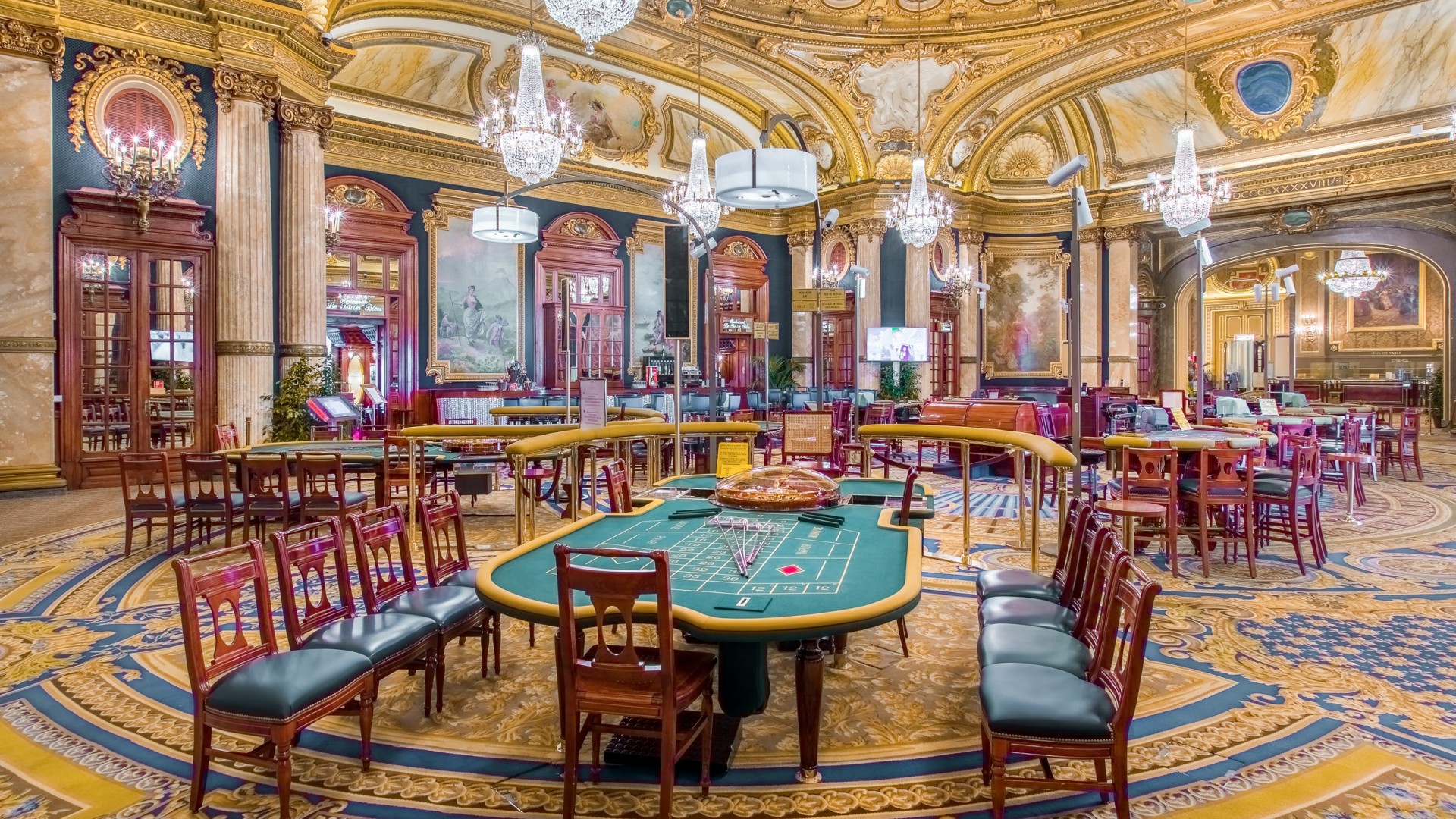
Wagering has been a part of people’s culture for ages, and it continues to enchant our thoughts today. The rush of placing a wager, the rush of watching the roulette roll, and the anticipation of hitting the prize creates a unique combination of thrill and doubt. Casino betting, in specific, offers an setting filled with flashing lights, exciting sounds, and an environment that feels charged with possibility. But what it about this type of leisure that draws so many people in?
At its center, the psychology behind casino wagering reveals innate wants and drives. For some, it is the appeal of immediate rewards and the potential for life-changing sums of money. For others, it may be the community aspect of participating in the thrill with companions or strangers. Understanding the reasons behind our love for gambling can provide insight into both our conduct and the tactics used by casinos to maintain players interested. This blend of psychology and chance is fascinating and worth exploring as we delve into how casino gambling shapes our mindset and moods.
The Allure of Chance
A thrill of uncertainty is a strong driving factor behind casino betting. When participants engage with games of luck, they are not merely placing bets; they are taking part in a interaction with destiny. This unpredictability feeds into the human psyche, igniting a sense of thrill that is hard to replicate in other pursuits. The potential for instant wealth or transformative wins taps into our deepest desires for achievement and recognition, making every throw of the dice or spin of the wheel feel momentous.
Moreover, the design of casino activities enhances this allure. The flashing lights, jubilant sounds, and vibrant colors create an atmosphere that stimulates the sight, sound, and touch and heightens anticipation. This immersive experience is designed to draw in and immerse players, drawing them into a world where every game offers a blend of hope and opportunity. The setting of the gambling house plays a crucial role, as it transforms mundane moments into exhilarating encounters with luck. BETFLIX665
Additionally, the psychological concept of intermittent rewards significantly contributes to the appeal of games of chance. The occasional nature of winning reinforces the gambling behavior, as players often feel compelled to chase their next win. This uncertainty keeps them returning for additional opportunities, creating a cycle of involvement and thrill. The combination of chance and reward in casino activities makes it an alluring pursuit, attracting individuals who are eager to feel the thrill that comes with the possibility of immense fortune.
The Importance of Sentiments in Gambling
Feelings play a pivotal role in the realm of gambling betting, typically driving individuals to engage in conducts that may defy logic. The excitement of making a wager can induce the release of a neurotransmitter, a substance associated with enjoyment and satisfaction. This high, commonly referred to as the "high of gambling," can be alluring, compelling players to chase their next win. Consequently, although when faced with losses, the emotional peaks associated with betting can overshadow rational decision-making, leading to continued play in hopes of recapturing that exhilarating feeling.
Anxiety and stress are also crucial feelings in the field of betting. Players may experience a heightened sense of pressure as they confront the uncertainties of luck. This can result in more reckless betting behaviors as players seek to overcome their fears. In some instances, the quest for control in uncertain situations can motivate players to adopt rituals or customs, thinking that these behaviors may affect their luck. This emotional whirlwind fuels the cycle of gambling, as both the highs and lows become intertwined with the overall journey of betting at a casino.
Furthermore, the social environment within casinos significantly affects the emotional atmosphere of betting. The presence of other players and the collective atmosphere can boost feelings of enthusiasm and camaraderie. Celebrating wins and sharing losses with fellow gamblers deepens emotional bonding, creating a sense of belonging that can be profoundly fulfilling. Consequently, the social aspect of casino betting further amplifies emotional reactions, making the experience not just about personal wins and losses but also about shared moments that deepen the allure of betting.
Emotional Effects of Success and Losing
Winning in a gambling establishment creates a surge of excitement and happiness, activating the brain’s pleasure centers. This enjoyable response can strengthen the tendency of gambling, encouraging players to pursue the rush of a win. The euphoria experienced can result in a belief that they are more skilled than they actually are, further enticing them to bet again. This cycle of reinforcement can make winning feel more significant, driving individuals to return to the gambling venue in hopes of reliving that thrilling experience.
Conversely, defeat can evoke emotions of anger, sadness, and even despair. The weight associated with failures can lead to attempts to recover lost money through persistent gambling, a phenomenon known as pursuing losses. This misguided strategy often results in increased monetary loss, but the desire of a turnaround keeps players involved. For many, the fear of losing out on potential future wins can intensify these feelings, trapping them in a loop that confuses the line between entertainment and compulsion.
In conclusion, the interaction of winning and losing influences a gambler’s psychology. The excitement of winning can overshadow the repercussions of losing, creating a complicated relationship with gambling behavior. This complex dynamic not only drives the casino industry’s attraction but also underscores the need for awareness and understanding of the mental elements that drive the passion for gambling.